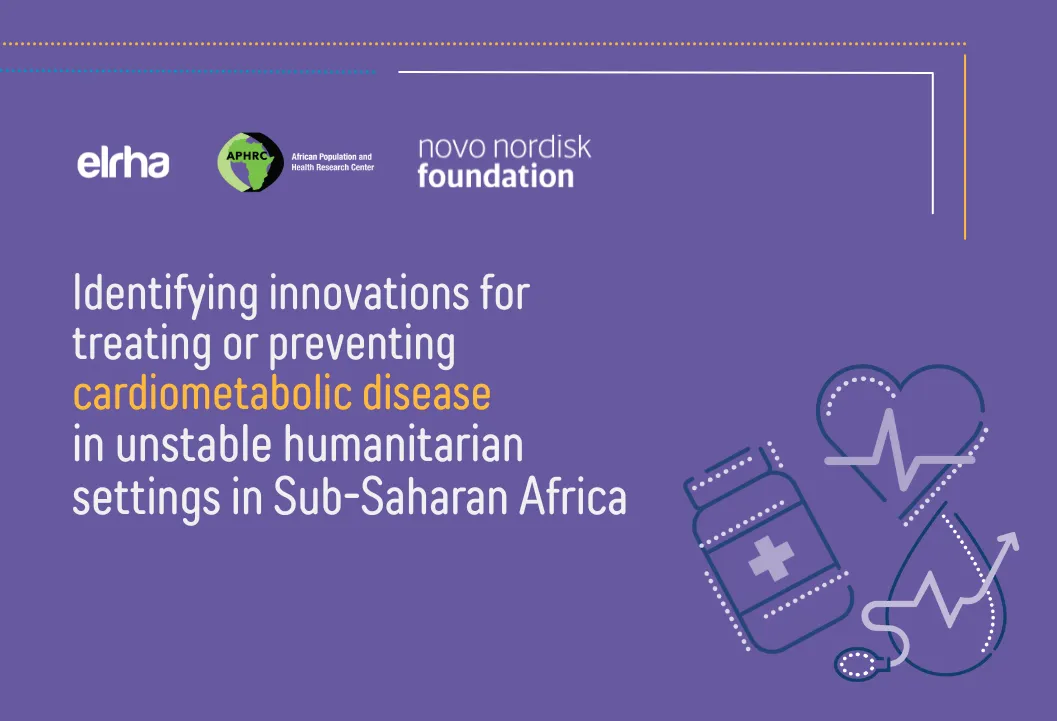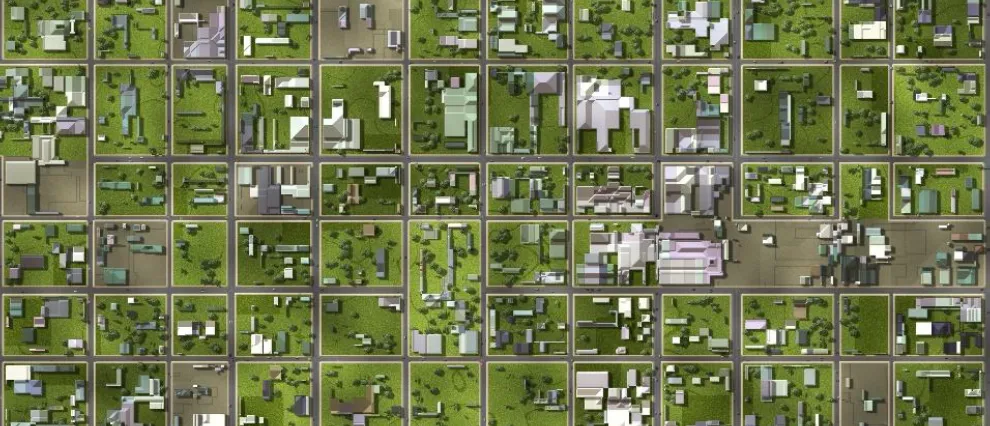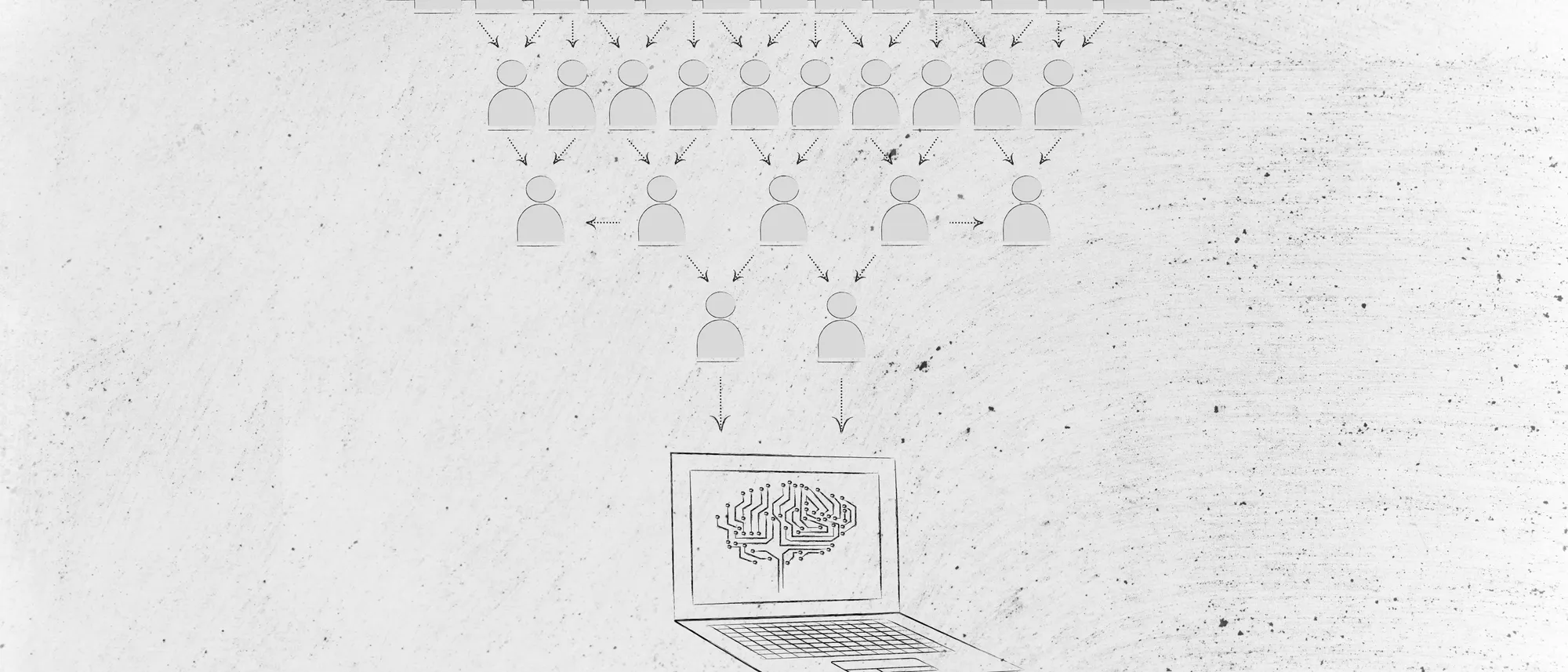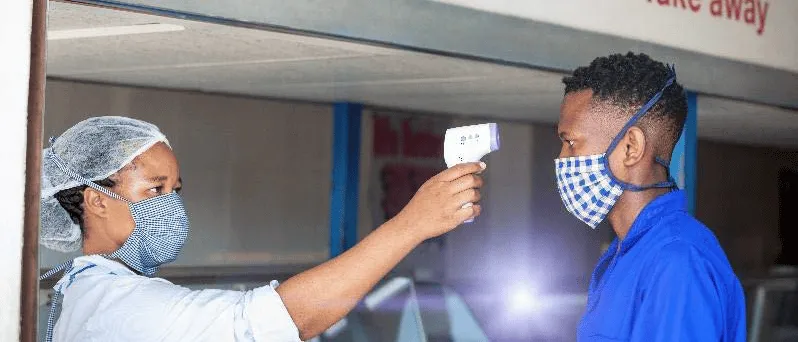Call for innovations: Identifying solutions for cardiometabolic disease management or prevention in humanitarian settings in Sub-Saharan Africa

In unstable humanitarian contexts, care for cardiometabolic diseases (CMD), such as diabetes, cardiovascular disease or hypertension, is often severely disrupted. While innovative solutions exist, many remain undocumented and under-recognised.
Funded by the Novo Nordisk Foundation, our collaborative project with the African Population and Health Research Center (APHRC) aims to identify, document, and share community, primary, secondary care-level, or policy innovations that support CMD care across Sub-Saharan Africa.
This project will address critical evidence gaps for CMD management and prevention across Sub-Saharan Africa. By building a stronger evidence base, we can support better decision-making among health actors, inform global practice, and drive commitments from funders and implementers to scale up what works.
Share your innovations with us
We’re looking to connect with those developing or delivering innovative approaches to CMD management or prevention in unstable humanitarian settings in Sub-Saharan Africa.
We want to hear from organisations, health actors, researchers, policymakers, communities, and other individuals working with innovations addressing CMDs – including diabetes, gestational diabetes, cardiovascular disease, hypertension and related emergency complications.
What are we looking for?
We are interested in any kind of adaptive response that helps with the management or prevention of CMDs in any unstable crisis-affected contexts in Sub-Saharan Africa. Whilst we will be conducting in-depth contextual reviews in Ethiopia (Somali/Tigray regions) and Northern Uganda, we are interested in reviewing innovations across the region.
Innovations could include adaptive responses such as:
- Products or tools (eg, claypot insulin storage systems, diabetes survival kits, adaptive food kits).
- Social or community-led practices (eg, peer support groups to locate insulin, or educational programmes).
- New service delivery models such as adapted, repurposed or integrated programmes (eg, task-shifting models of care, integration of CMD care into sexual and reproductive health programmes).
- Digital solutions (eg, apps used by community health workers).
- Policy or coordination approaches (eg, novel referral mechanisms to secondary care, novel training and educational initiatives).
The innovation should:
- Take place in a crisis-affected setting in Sub-Saharan Africa which results in frequent health care disruption (conflict, displacement, floods, outbreaks, etc.)
- Focus on CMD care such as diabetes, cardiovascular disease, emergency complications of diabetes and cardiovascular diseases, gestational hypertension or diabetes.
- Be either community-led local initiatives, primary or secondary care initiatives led by global or regional institutions, or policy-level responses.
- Show some positive impact, or high potential for impact (formal eg, impact evaluation, or informal eg, discussion with community members).
- Be at any stage – ongoing, piloted or discontinued.
- Have occurred roughly in the last six years.
Why your contributions matter
By sharing your knowledge and experiences, you will help shape more effective responses to CMDs in humanitarian settings and ensure successful innovations reach the communities that need them most.
Selected contributions will be highlighted in published reports, policy briefs, videos, webinars and conferences. Contributors will also be invited to an in-person convening at the end of the project, offering opportunities for recognition, exchange, and collaboration.
How to share your innovation
You can reach out via our online Google form, which takes approximately 5-7 minutes to complete. You can provide a short description to start with, then we can follow up with you to learn more. We will be collecting innovations through this route until the 21 October 2025.
For further discussion on innovations of interest, any queries, or to facilitate connections to additional networks or relevant literature, please reach out to Dr. Shivani Patel at [email protected]. If you have a repository of multiple innovations in alternative formats (eg, spreadsheets or reports), we also encourage you to share these via email.
We thank you for supporting us in identifying innovations and will reach out to you at the end of the project to share key findings to enhance peer learning.
Stay updated
Sign up for our newsletter to receive regular updates on resources, news, and insights like this. Don’t miss out on important information that can help you stay informed and engaged.
Explore Elrha
Learn more about our mission, the organisations we support, and the resources we provide to drive research and innovation in humanitarian response.



